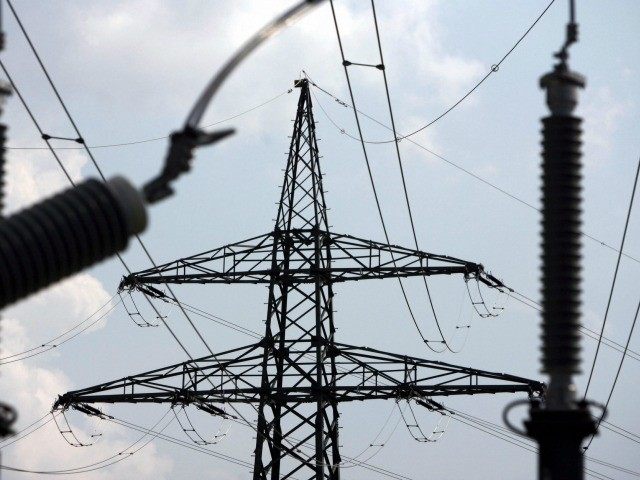Millions of Texans woke up in the dark Tuesday after a fierce winter storm blasted the state, limiting natural gas access and freezing wind turbines. But the vulnerabilities of the state’s power grid are not just an infrastructure issue, notes to The New York Times.
The Times writes that the current scenario is what awaits people everywhere unless climate change is not only embraced and addressed:
The crisis highlighted a deeper warning for power systems throughout the country. Electric grids can be engineered to handle a wide range of severe conditions — as long as grid operators can reliably predict the dangers ahead. But as climate change accelerates, many electric grids will face novel and extreme weather events that go beyond the historical conditions those grids were designed for, putting the systems at risk of catastrophic failure.
Building electric grids that are resilient in the face of increasingly wild and unpredictable weather will be an enormous challenge, experts said. In many cases, it may prove expensive, although, as Texas shows, the costs of grid failure can be extremely costly, too.
“It’s essentially a question of how much insurance you want to buy,” Jesse Jenkins, an energy systems engineer at Princeton University, said in the Times report. “What makes this problem even harder is that we’re now in a world where, especially with climate change, the past is no longer a good guide to the future. We have to get much better at preparing for the unexpected.”
Experts are saying that the power grid in Texas, which is independent, is meant to handle soaring summer temperatures but not winter storms.
“No one’s model of the power system envisioned that all 254 Texas counties would come under a winter storm warning at the same time,” Joshua Rhodes, an expert on the state’s electric grid at the University of Texas at Austin said in the Times report. “It’s putting major strain on both the electricity grid and the gas grid that feeds both electricity and heat.”
The Times article argues that because the planet is warming, extreme cold weather could lessen over time.
“But some climate scientists have also suggested that global warming could, paradoxically, bring more winter storms like the one seen this week,” the Times reported. “There is some research suggesting that Arctic warming is weakening the jet stream, the high-level air current that circles the northern latitudes and usually holds back the frigid polar vortex. This allows the cold air to escape to the South, especially when a blast of additional warming strikes the stratosphere and deforms the vortex. The result can be episodes of plunging temperatures, even in places that rarely get nipped by frost.”
But while the debate over climate change continues, The Times claims if not tackled it will cause heat waves, droughts, floods, water shortages, and “other calamities” — all at the expense of electricity production and access.
Making power grids resilient is difficult and costly.
“This is going to be a significant challenge,” Emily Grubert, an expert in electricity systems at Georgia Tech, said. “We need to decarbonize our power systems so that climate change doesn’t keep getting worse, but we also need to adapt to changing conditions at the same time. And the latter alone is going to be very costly. We can already see that the systems we have today aren’t handling this very well.”
Follow Penny Starr on Twitter or send news tips to pstarr@breitbart.com

COMMENTS
Please let us know if you're having issues with commenting.